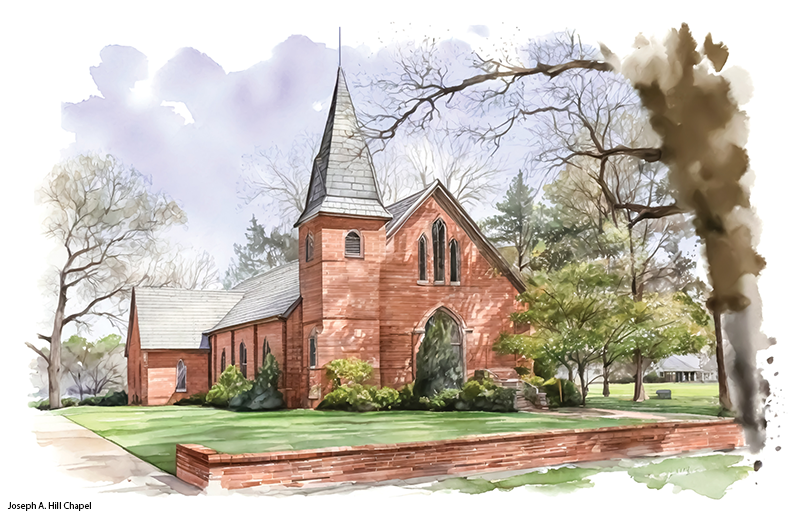
Originally posted on June 15, 2009, modified slightly. Old hat? Nope, never more important.
I know I am in trouble with that title, but hear me out.
For all the discourse about universities being like businesses, they are not run in a business-like fashion. Great businesses run on the nexus of merit, productivity and bottom line. The best universities pay real attention to these ideas, but most only give them lip service, while the poor institutions neglect even that.
Some think the university is a state agency: They miss the boat! Some also think its operation should be subject to the rule of legacy or patronage: They are all wet!
Universities are universities, unlike any other organizations, but if people insist on analogizing them to some other enterprises, we would be best served by thinking of them as places of worship.
Churches, temples, mosques and almost all places of worship exist for a single purpose. They exist to help people voluntarily change how they think about themselves in relation to the larger world around them. From a Christian perspective in the plain language and tradition of Martin Luther, John Calvin, John Wesley, Dietrich Bonhoeffer, Saint Paul, and, by definition, any man or woman who claims to be Christian, there is but a single purpose for any church: for a man or woman to become more Christ-like.
This is not something you can buy, not a ballot you can cast, not something you can trade, and most troubling in contemporary society, not something you can earn. Rather, it is a “skin in” transformation through the exercise of unadulterated free will.
Absolutely nothing more. Equally important, nothing less.
A student and/or a family lay a check on the table twice a year for four years, sometimes more checks for more years. As these checks move across the table, from the family and student’s side to the university’s side, that exchange of value provides only one thing – the potential to change.
Opportunity.
West Texas A&M University, and others worth their salt, provides the opportunity for students to change themselves from the inside out.
Absolutely nothing more and nothing less.
We can’t change the students through any form of discipline, coercion, begging, pleading, threats, carrots or influence. We can only provide an opportunity for the students to inflict the burden of growth and change upon themselves.
An exercise of free will. Just like a church.
To be clear, trade or technical schools may be different, although only in degree. A trade can be taught with a mild commitment of will, driven by a desire to produce capital to care for a family and provide sustenance. The craft guilds provide guidance.
In the early first millennium, the guilds in India provided fraternity among workers and the sharing of ideas and insights. Sounds a bit like a university. By the beginning of the second millennium, the idea had gained traction in Europe, spreading from Italy into France, Germany and finally Spain.
Guilds bred two modern phenomena: trade unions and corporations—precocious twins from the same parent. After the 1800s, they faltered and were seen simultaneously as a barrier to free trade, according to Adam Smith, and a stigmatized social stratification, according to Karl Marx.
Talk about a rock and a hard place.
The university cannot provide a guarantee for employment upon completion of a course of study.
A good university, like West Texas A&M University, must be a strong advocate for the exercise of free will. In the case of a public research university, it must be the strongest civil proponent for the exercise of unfettered free will, free moral agency and the pursuit of truth. Otherwise, it is not a university at all.
West Texas A&M University should be more like a church than it is like General Motors or the statehouse.
Hard to swallow? Too bad. There is a parched wasteland beyond this simple idea.
Walter V. Wendler is President of West Texas A&M University. His weekly columns are available at https://walterwendler.com/.



